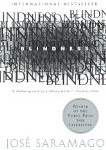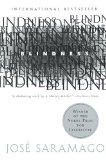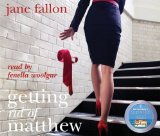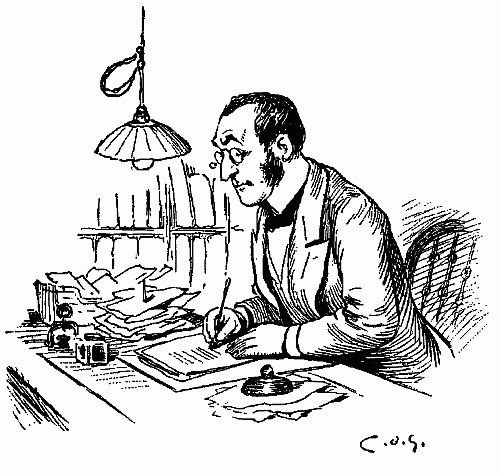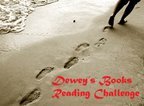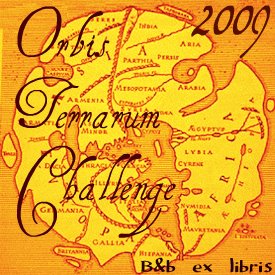Translated from the Portugese by Giovanni Pontiero
Blindness is the most powerful book I have ever read. From the beginning, to the end my adrenaline levels were high, and my heart was beating so fast you’d have thought I’d been out running!
Blindness is a terrifying account of what could happen to us, if we were all to lose our sight. The book begins with one man suddenly losing his vision while waitng at traffic lights in his car. Someone offers to help the blind man back home, and it isn’t long before he becomes blind too. It quickly becomes obvious that the blindness is highly contagious, and so all the blind people, and those who have been in close contact with them, are rounded up and sent to an old mental hospital. Trapped in this old building, with an increasing number of people, conditions quickly deteriorate. Fights break out over the small amount of food, sanitation becomes almost non-existent, and it isn’t long before people are dying.
There is one woman who has not gone blind; she lied in order to stay with her husband. At first it seems as though she is the lucky one, but as time goes on this is not necessarily true. Would it be better to be blind than to see the horrors that are all around her?
This book is worryingly realistic. What would our governments do if there was an epidemic of blindness? How quickly would society break down? I thought I’d be able to cope without electricity, but when you stop to think about the infrastructure, you realise how soon you’d run out of food, and water. It’s enough to make me want to move to the country and become self sufficient as soon as possible!
This book took a little bit of time to get used to. The characters are all nameless, and there is little punctuation to break up the paragraphs, so the text is unusually dense. It was, however, completely gripping from beginning to end. I’m not sure I can say that I enjoyed reading it though. It will stay with me for a long time, and is a powerful statement about the fragility of our society, but I’m not sure enjoyable is the right word!
Highly recommended, as long as you can cope with the stress!
José Saramago was awarded the Nobel Prize in 1998.
